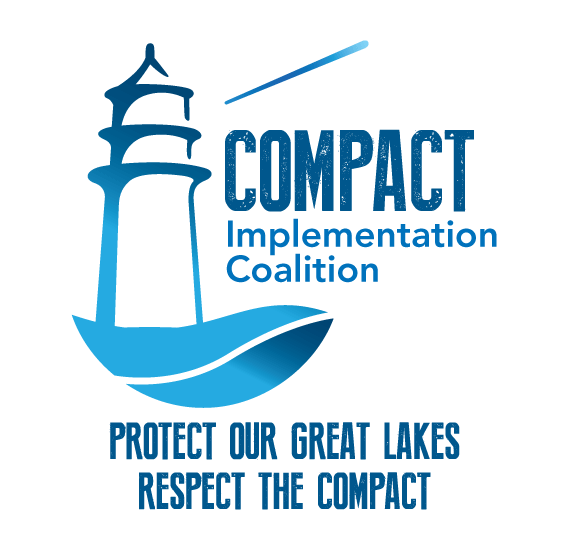
Governor John Kasich
Office of the Governor
Riffe Center, 30th Floor
77 South High Street
Columbus, OH 43215-6117
(614) 466-3555
Twitter: @OHPressSec
OHIO State Lead
Ohio Environmental Council
www.ohioenvironmentalcouncil.org
1145 Chesapeake Avenue, Suite I
Columbus, Ohio 43212
Lead Contact
Kristy Meyer
KMeyer@thoec.org
Kristy@theoec.org
(614) 487-7506
STATE Resources
5 Things You Need To Know
The Columbus Dispatch, April 21, 2016
Author: Bob Taft
I am proud that the Compact put the Great Lakes region on the right path to address the challenges of protecting the lakes and solving water disputes. But it requires that each state and province take this responsibility seriously and that they get this decision right.
Our water is precious, and it is up to us to protect it. Even as we focus on the immediate task of evaluating and making a decision on the Waukesha application, we must remember that water conflicts are mounting around the world and here at home. The Great Lakes governors and premiers have the opportunity right now to ensure the lakes are protected for today and tomorrow. It is a solemn responsibility.
I urge each to take this duty seriously and make a decision for the good of the Great Lakes.
The Columbus Dispatch, December 17, 2015
Author: Laura Arenschield
Let’s just pick Indiana, a state that has a very small part of its territory in the Great Lakes basin, and doesn’t identify as much as a Great Lakes state as Michigan or Wisconsin or even Minnesota, and say it has a major drought or water crisis.
I mean, forget about shipping water to Las Vegas – the concern is that a single state could break and run for the benefit of its own citizens within the state but outside the basin line, and that could be the crashing blow that cleaves the basin and starts a run on Great Lakes water because economic developers in other parched states say their citizens deserve that benefit as well.
A plan to divert water from one of the Great Lakes threatens all of the lakes and their states, including Ohio






The Toledo Blade, March 7, 2016
Author: Tom Henry
Mr. Smith and other critics are suspicious of Waukesha’s motives, claiming the city is trying to expand its service territory and fuel growth. Just because Waukesha is eligible doesn’t mean it has a strong enough case, he said.
“You can have death by 1,000 straws,” Mr. Smith said. “This is where the compact really meets the paper it was written on.”
Some of the Great Lakes region’s top water-law experts are opposed, including Jim Olson, a water-rights attorney and president of a Great Lakes law and policy center in Traverse City, Mich., called FLOW (For the Love of Water).
“There is no surplus water in the Great Lakes basin to divert, and climate change and other factors have already pushed water levels and algal blooms to the limits,” Mr. Olson said in written comments to the compact council.